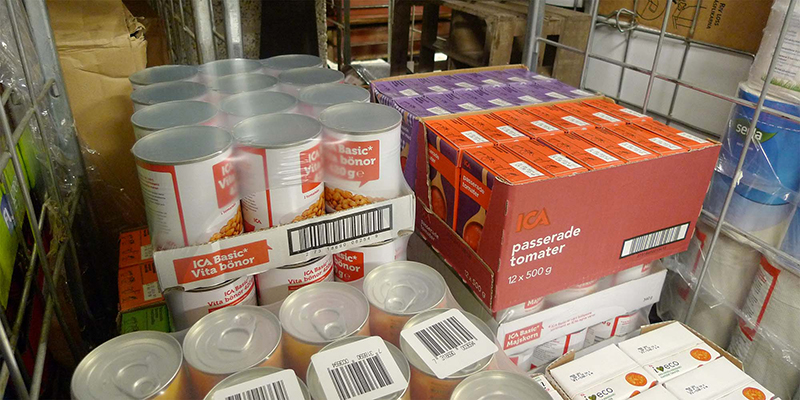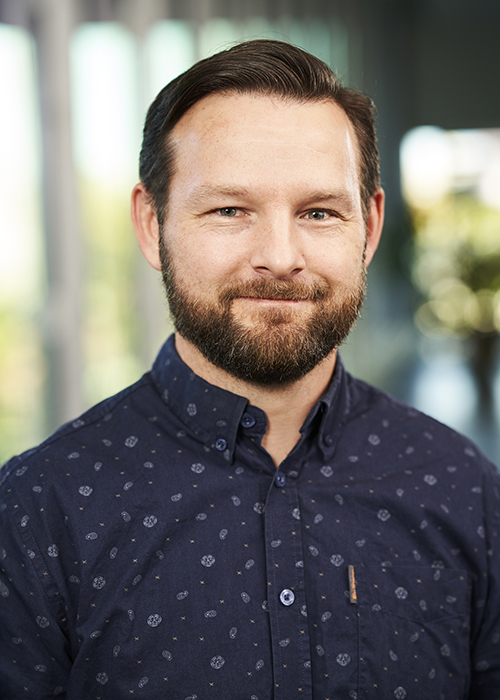Why do packaging research?
Packaging research conducted by Lund university do indeed generate various benefits for people, the planet, and businesses.
Daniel Hellström – Published 28 September 2023

Daniel Hellström, Head of the division of Packaging Logistics, reflects on how reserach in Packaging Logistics matters to several other areas.
Advancing knowledge and innovation
Lund university contributes with new knowledge in the field of packaging (and logistics) through research. Our research lead to the development of new technologies and packaging designs that are more sustainable, efficient, and environmentally friendly. Advancements in packaging can also lead to breakthroughs in related fields such as, Logistics and Supply chain management, Retail, and consumer behavior. By pushing for high quality research, Lund University plays a critical role in driving innovation in the packaging industry.
Sustainability and environmental impact
Packaging research at Lund University often focuses on sustainability and reducing the direct and indirect environmental impact of packaging. This includes creating eco-friendly packaging systems, exploring circular economy concepts, and studying the life cycle of packaged products. By conducting research in this area, Lund University helps businesses make more environmentally responsible packaging choices, reduce waste, and mitigate the negative effects of packaging on the planet.
Industry collaboration and economic benefits
We have established partnerships and collaborations with businesses in various industries. Through research projects, education, and innovation, we provide valuable insights and expertise to companies looking to improve their operations. These collaborations result in economic growth, as our findings often lead to cost savings, increased market competitiveness, and the creation of new products and processes.
Do you want to know more? Send an e-mail to Daniel Hellström

